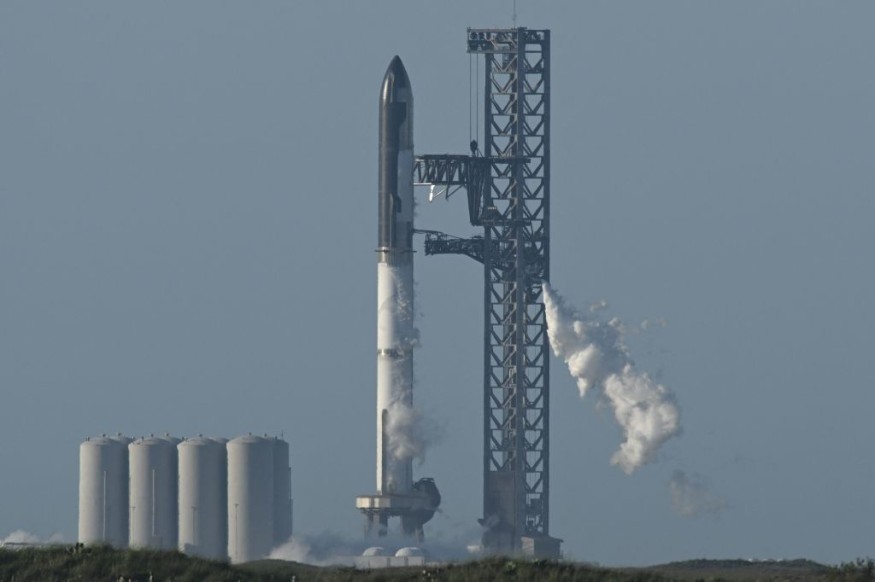SpaceX's Starship rocket was launched for the first time in Boca Chica, Texas, on April 20 but exploded minutes after its takeoff.
Now, local authorities are investigating the SpaceX launch disaster following claims that it emitted potential hazardous debris, which apparently poured down on homes, smashed windows, and covered beaches with toxic particles, according to reports.
Chemicals from the rocket's fumes are reportedly harmful to habitats of endangered animals in the area.
As a result, the Federal Aviation Administration (FAA) has conducted a probe into the April 20 test launch and has halted SpaceX from operating further launches until it has concluded its investigation, with no definite duration in place.
In previous years, experts have reported that smoke or particulate matter, like the ones coming from wildfires and space rockets, are also detrimental to the health of animals, as they are to humans.
Smoke inhalation in general has been found by scientists to cause injury or even death to both pets and wild animals.
Endangered Animal Habitats at Risk

Endangered animal habitats along Boca Chica's beaches, which are known as nesting grounds for birds, sea turtles, and other animals, are likely at risk.
This is following the fall of dust and debris from the SpaceX rocket's explosions, which occurred around 4 minutes later after takeoff, Live Science reported.
Prior to the incident, concerns emerged regarding the potential impact of SpaceX's attempt to launch largest rocket ever produced.
Surrounding its site in south Texas are fragile Boca Chica ecosystems and are some of the most sensitive animal habitats in the world, according to Texas Public Radio.
Justin LeClaire, a conservation biologist, stated the company's presence in the area has impacted the shorebirds and Boca Chica Beach in general, as cited by the local Texas media.
SpaceX Rocket Launches
Since March 2006, the private American aerospace company SpaceX has launched different space rockets, including Falcon 1, Falcon 9, Starship.
However, most of these launches have been reported with only relative success, ranging from partial failure to complete failure, due to explosive events and other technical malfunctions occurring pre-flight or during mid-air.
Such explosions also cause damage on the ground. In the case of the April 20 SpaceX launch, the dust cloud created by Starship left Texans with a mess, according The New York Times, which reported residents of Port Isabel said their city was covered in dirt.
Smoke Inhalation and Animals
As mentioned earlier, smoke inhalation is also dangerous to animals and a hazard that must not be ignored.
The MSD Veterinary Manual defines this phenomenon as smoke inhalation injury, which pertains to the damage to one's body linked with breathing superheated air or steam, as well as other harmful gases, vapors, and particulate matter from thermal combustion.
For instance, smoke inhalation caused by wildfires is a major cause of deaths in animals that are susceptible of inhaling complex combination of toxicologic agents and pyrolysis products, the animal health care manual explains.
© 2025 NatureWorldNews.com All rights reserved. Do not reproduce without permission.





